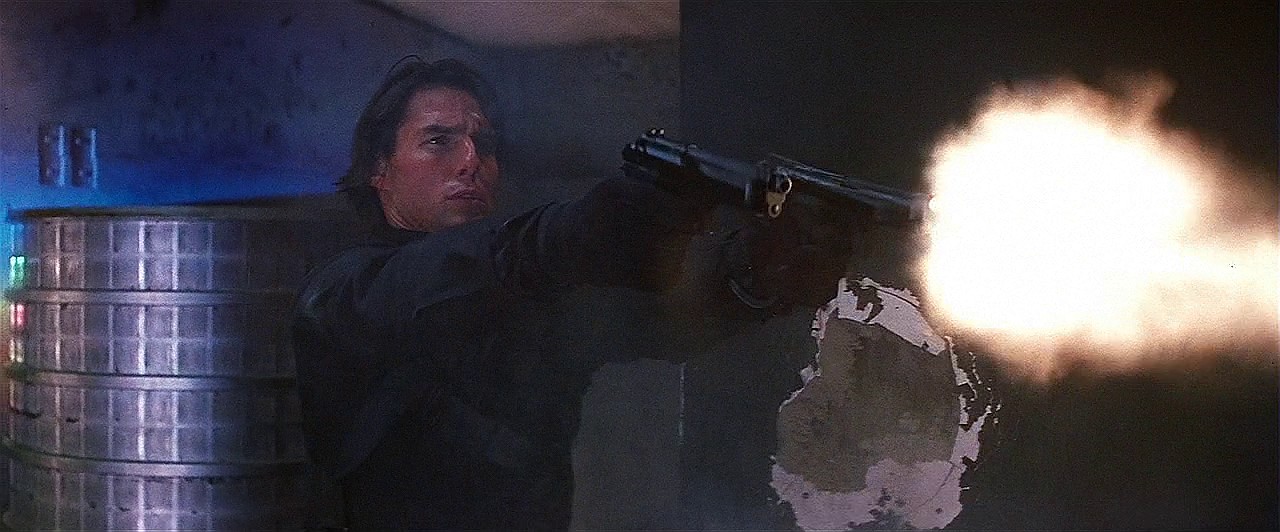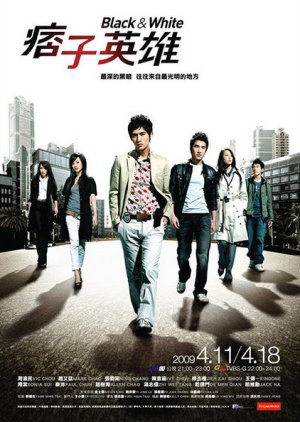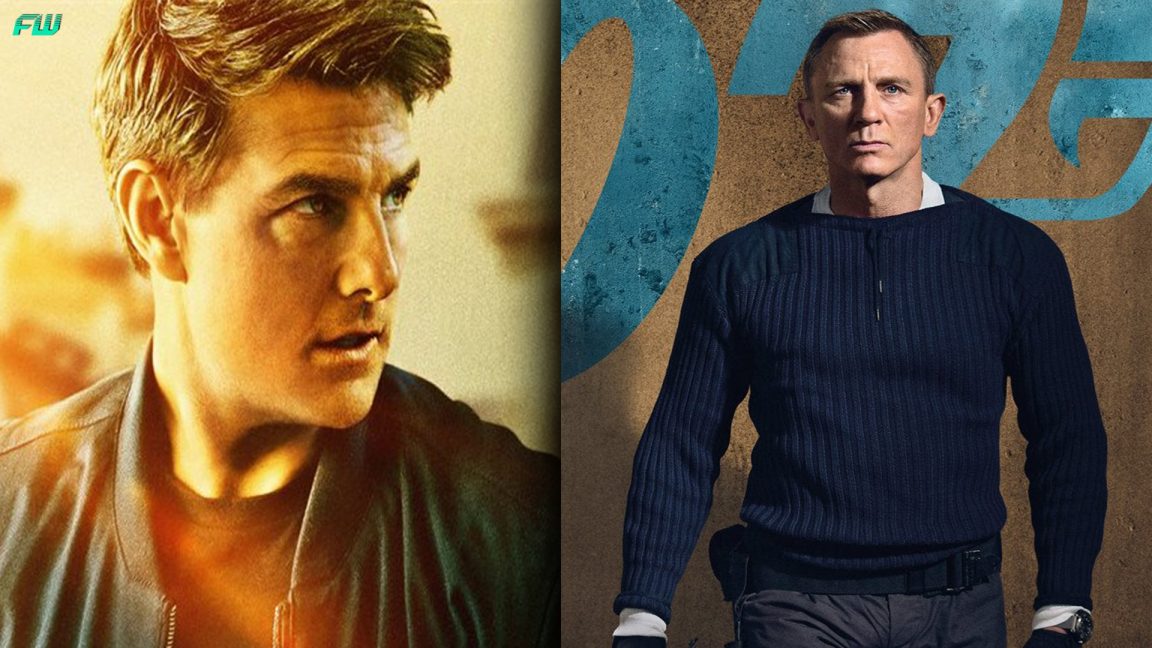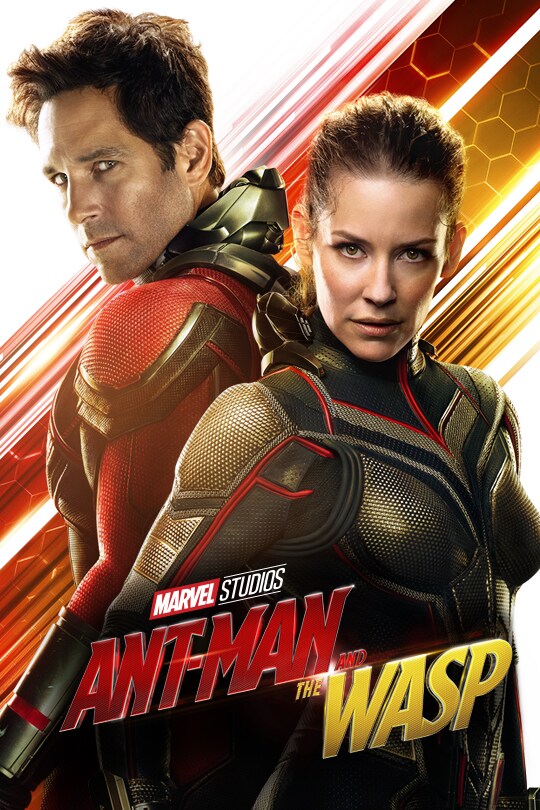I'm not the only one who's thought about the "Mission: Impossible" movies versus the James Bond ones. Here's
one site that does the "on the one hand...on the other hand" approach.
Well, I'm not going to do that. In fact, I'm going to boil this down to just a single point (although I think there are many reasons to support my conclusion): the "M:I" series is better because the weakest movie in that franchise -- which is universally thought to be "Mission: Impossible 2" -- is better than at least half of the Bond flicks (in my opinion, of course).
Let's start with "M:I 2." The basic plot is derivative of the Cary Grant/Ingrid Bergman movie "Notorious," where Cary Grant has to send his lover Ingrid Bergman as a honeypot against Claude Rains. Here, Tom Cruise's superspy Ethan Hunt has to recruit Thadiwe Newton's thief Nyah Nordhoff-Hall to gain information about her former lover's (played by Dougray Scott) nefarious plans involving a mysterious substance or item known as Chimera. The wrinkle is that during the recruiting process, Hunt and Nordhoff-Hall have fallen in love.
Hong Kong auteur John Woo directed "M:I 2," and so we have his signature action scene: Tom Cruise flying through the air, gun blazing in each hand. There's definitely some tonal whiplash from the first "M;I" movie, where Cruise was daring and acrobatic, and handy with a gun, but not the devastating one-man wrecking force here. On the other hand, as much of a muscular presence as Cruise presents, this movie doesn't have any of the insane stunt set-pieces that started with "Mission: Impossible - Ghost Protocol" and that have come to define the franchise.

Nevertheless, it's still clearly a "M:I" movie. We have the self-destructing mission message, the face masks, the IMF team (though this is the least ensemble of all of the movies), and the plot twists. Indeed, on my current rewatch, I'm having trouble understanding why this movie isn't more popular. Even if it is the weakest of the "M:I" movies, it's still really good. It has a coherent plot (which is more than can be said for a lot of the Bond movies -- looking especially at you, "Skyfall"), a capable villain (cf. Max Zorin in "A View to a Kill"), and a female lead with agency (Nordhoff-Hall makes a crucial move on her own that saves Ethan Hunt and temporarily stymies the villain).
It's like saying that season 6 was the weakest season of "24" - true, but it was still better than almost anything else on TV at the time.
Again, this is my opinion, but taking into account plot coherence, technical filmmaking craft, acting, action set-pieces, and strength of other characters, I'd rather rewatch "M:I 2" than the following Bond movies:
"Dr. No" - yes, it started things off, but it's kind of boring
"From Russia with Love" - I'll grant that this is a really good movie, and my preference may be dictated by changing tastes over 40 years, so I won't argue that "M:I 2" is better
"On Her Majesty's Secret Service" - oh, what could have been with a better actor as Bond, but as is, terribly flawed
"Diamonds Are Forever" - this really has not aged well (which isn't entirely its fault), but among other things, compare how female lead Tiffany Case devolves into another helpless bikini-clad victim waiting to be rescued, to Nordhoff-Hall
"The Man with the Golden Gun" - just no, another one with an annoying female lead
"Moonraker" - apart from Jaws, this is pretty awful
"For Your Eyes Only" - my recollection is this was pretty good, but the scenes with the ice skater are pretty cringeworthy
"Octopussy" - I actually like this one, but c'mon, it's not better than "M:I 2"
"A View to a Kill" - Roger Moore should have quit a few movies earlier, or gone on Tom Cruise's regime (compare Moore in this movie to Cruise in "Mission: Impossible - Fallout"; they're close to the same age); he's so low-energy, and let's not get started about how bad Tanya Roberts' character was
"The Living Daylights" - ah, trying to make Bond something he's not, and what do end up with? a dour, uptight performance by Timothy Dalton (that fight hanging from the cargo netting out the back of the plane was pretty cool, though)
"License to Kill" - revenge-minded & rogue Bond...not bad, but nothing special
"The World is Not Enough" - admirable attempt at trying something new, but even though Pierce Brosnan is my favorite Bond actor, I've never felt the urge to watch this again
"Die Another Day" - okay, another one I'll confess to liking, but this is usually considered among the worst of the Bond movies, and I don't think anyone is going to be arguing this is better than "M:I 2"
"Skyfall" - I blogged at length about what was terrible about this movie. Now, this is the only of the Daniel Craig movies I've watched, but from what I've read, "Quantum of Solace" and "Spectre" are even worse...
That's somewhere around 12-14 movies (depending on how generous I'm going to be) out of 25 (not counting the "Casino Royale" parody and "Never Say Never Again") that I would rank as inferior to "Mission: Impossible 2." If the weakest "Mission: Impossible" movie is better than at least half of the Bond movies, and the three most recent "Mission: Impossible" movies are (again, in my opinion) better than every Bond movie, it's easy to see why I think one franchise is clearly superior to the other.










:format(webp)/cdn.vox-cdn.com/uploads/chorus_image/image/61119235/JackRyanStudy_AmazonStudios_ParamountPictures_Ringer.0.jpg)